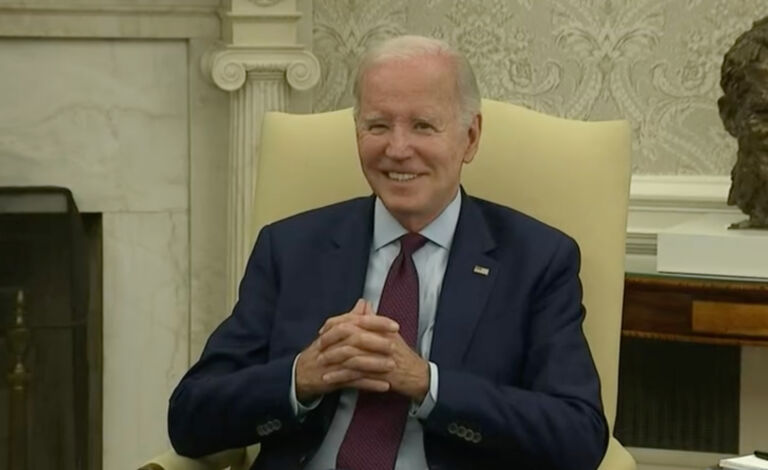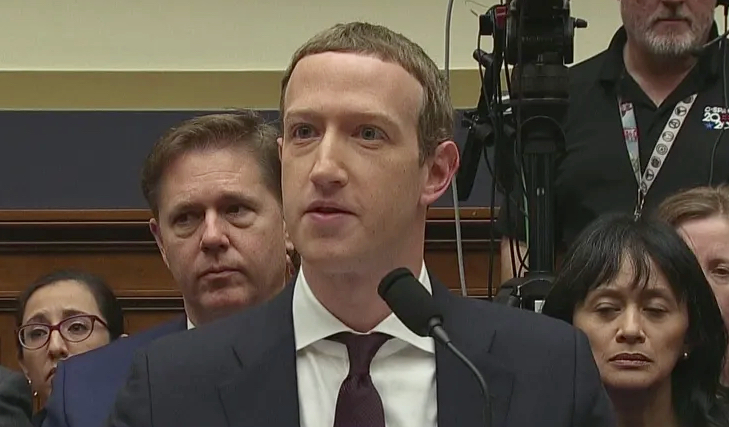James Antle writes at NBCNews.com about disappointing facts of life in Joe Biden’s America.
Break out the eight-track tapes and the disco balls. Inflation in a time of unemployment and gas lines is suddenly giving the economy a decidedly 1970s feel.
We’re a long way from the stagflation of those bad old days under President Jimmy Carter, with the economy growing at a brisk 6.4 percent annual rate as the world reopens and the pandemic recedes. Still, a recent spate of bad economic news in what should be a fairly robust recovery is a warning that President Joe Biden and congressional Democrats’ approach to fiscal policy could reap negative unintended consequences.
Inflation picked up in April, according to federal data released Wednesday, with consumer prices jumping by 4.2 percent — the biggest increase since 2008. Former Treasury Secretary Larry Summers, a Democrat who advised Presidents Bill Clinton and Barack Obama, warned of a high “inflation scenario” that seemed unthinkable weeks ago. The economy added only 266,000 new jobs — barely more than a quarter of what had been expected with reopening jump-starting demand for work — and the unemployment rate ticked up to 6.1 percent.
Biden and congressional Democrats have insisted that as Covid-19 winds down, the federal spending spigots need to be opened up on the Keynesian theory that this is the quickest way to stimulate the economy. They have already enacted the $1.9 trillion American Rescue Plan, which followed two coronavirus stimulus packages with price tags of $2.2 trillion and $900 billion, respectively, last year.
After the latest Covid-19 relief, the president outlined an American Jobs Plan centered on infrastructure, with a cost of about $2 trillion. Before Congress could even take up that proposal, he added an American Families Plan featuring another $1.8 trillion for child care and additional social welfare spending.
“A billion here, a billion there, and pretty soon you’re talking real money” is the memorable (albeit possibly apocryphal) quotation attributed to longtime Senate Republican leader Everett Dirksen. We’re now up to a trillion, a threshold the entire federal budget didn’t reach until 1987.


